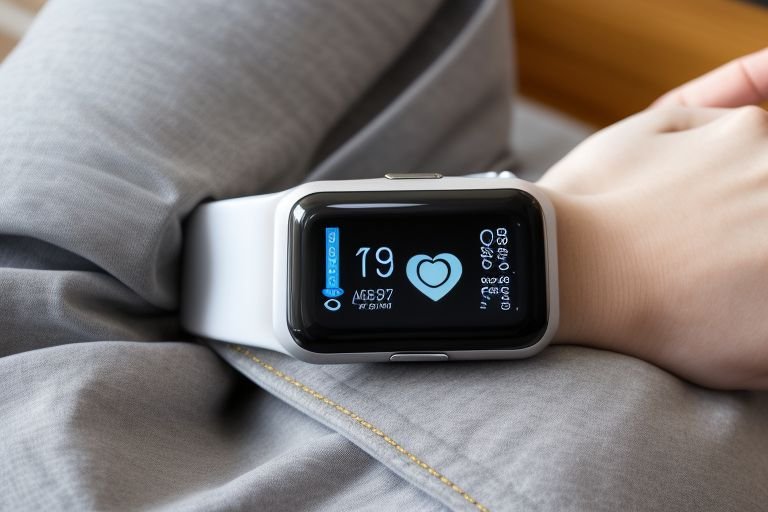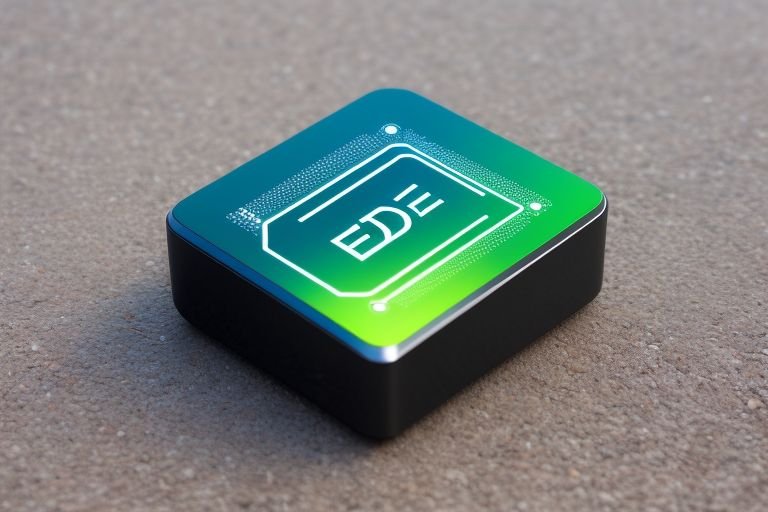The realm of health technology is rapidly evolving, transforming how we monitor, manage, and enhance our health and well-being. Innovations in health tech, especially in wearables, telemedicine, and emerging technologies, are reshaping the landscape of healthcare, making it more accessible, personalized, and efficient. Let’s delve into these key areas to understand their impact and future potential.
Wearables: Beyond Fitness Trackers
Initially, wearables were predominantly fitness trackers, focusing on basic metrics like steps taken and calories burned. However, they’ve evolved significantly to offer a broader spectrum of health monitoring features, including heart rate monitoring, sleep tracking, and even blood oxygen levels. The latest devices can now detect abnormalities such as atrial fibrillation or sleep apnea, acting as early warning systems for users to seek medical advice.
The future of wearables lies in their integration with other health tech innovations. Imagine a wearable that not only tracks your physical health but also your mental well-being by monitoring stress levels, offering mindfulness exercises, or even predicting potential mental health episodes before they happen.
Telemedicine: The New Normal
The COVID-19 pandemic catapulted telemedicine from a convenience to a necessity, demonstrating its effectiveness in providing care while maintaining social distancing. Telemedicine encompasses a range of services, from virtual consultations with healthcare providers to remote monitoring and management of chronic conditions.
One of the most significant benefits of telemedicine is its ability to democratize access to healthcare. Patients in remote or underserved areas can receive high-quality care from specialists without the need for travel. Moreover, telemedicine can facilitate more personalized and continuous care, as wearable devices and other health tech tools can seamlessly share data with healthcare providers in real time.
Beyond: AI, VR, and Personalized Medicine
Emerging technologies are pushing the boundaries of what’s possible in health care. Artificial Intelligence (AI) plays a crucial role in analyzing the vast amounts of data generated by wearables and other health tech devices, leading to more accurate and personalized treatment plans. AI algorithms can predict health issues before they become serious, optimize treatment protocols, and even assist in drug discovery and development.
Virtual Reality (VR) is another exciting frontier, offering innovative solutions for pain management, rehabilitation, and mental health therapy. By creating immersive, controlled environments, VR can help patients manage anxiety, PTSD, and chronic pain without solely relying on pharmaceuticals.
Lastly, the push towards personalized medicine is becoming increasingly feasible thanks to advancements in genomics and biotechnology. By understanding an individual’s genetic makeup, healthcare providers can tailor treatments and preventative strategies to optimize health outcomes.
Conclusion
The landscape of health tech innovations is vast and continuously evolving, driven by advancements in wearables, telemedicine, AI, VR, and personalized medicine. These technologies are not just reshaping healthcare delivery; they’re fundamentally changing our relationship with health and wellness. As we look to the future, the integration and refinement of these technologies will be key to realizing their full potential, offering promising prospects for improved health outcomes on a global scale.



